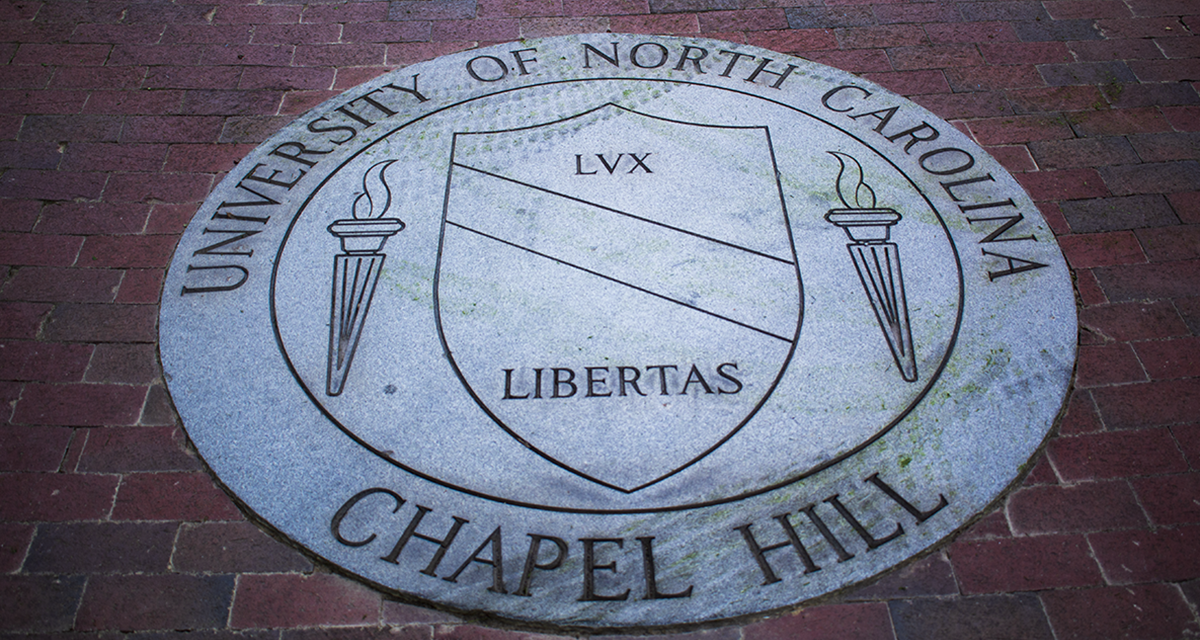A UNC commission examining the university’s history of race and connections to white supremacy approved a resolution to change the names of four campus buildings.
The UNC Commission on History, Race and A Way Forward met virtually Friday to discuss an action plan for the group as it works over the next three years. One element of the plan is to recommend changes to building names around campus who honor people with backgrounds of promoting racism.
During its meeting, the 18-member group voted and passed a resolution to change the names of four such buildings: Aycock Residence Hall, Ruffin Residence Hall, the Carr Building and the Josephus Daniels Building, which houses the Student Stores.
The action from the commission comes in its first meeting since the university’s Board of Trustees lifted a 16-year moratorium on changing building names. The measure in June came after discussions of UNC’s response to ongoing discussions of systemic racism and racial injustice in society.
Briefs attached with the resolution include details of each of the buildings’ namesakes and their history of white supremacy.
UNC alumnus Charles Brantley Aycock campaigned on a platform of white supremacy and Black disenfranchisement during a successful run for North Carolina Governor at the turn of the 20th century. He also regularly condoned violence as an intimidation tactic of Black voters and white allies. The UNC Board of Trustees named the residence hall in his honor in 1928.
Alumnus Thomas Ruffin had a residence hall dedicated in his and his son’s honor by the board six years earlier. Ruffin, once a North Carolina Supreme Court justice, fortified the institution of slavery with his authority and directly profited from the domestic slave trade in the mid-1800’s.
Josephus Daniels, who studied law at UNC and served as a trustee, as the editor and publisher of the News & Observer at the end of the 19th century. He used the newspaper to share propaganda of the Democratic Party, which ran white supremacy campaigns in the late 1800’s and helped spark the Wilmington Massacre in 1898.
Julian Carr, known by many as the man who read the dedication speech of the Confederate monument known as Silent Sam, served as a UNC trustee for more than 40 years. He helped finance the Democratic Party’s white supremacy campaign of 1898 and regularly condoned violence against Black residents to suppress their claims of citizenship. Carr is also the namesake for the Town of Carrboro.
The commission’s resolution now heads to UNC Chancellor Kevin Guskiewicz and the Board of Trustees for consideration. The board’s next meeting is scheduled for Wednesday and Thursday this week.
To watch the full meeting of the UNC Commission on History, Race and A Way Forward, visit its YouTube channel.
Chapelboro.com does not charge subscription fees. You can support local journalism and our mission to serve the community. Contribute today – every single dollar matters.
Related Stories
‹

With 'Universities Studying Slavery' Conference, UNC Tackles Its Own Troubled HistoryUNC's "Universities Studying Slavery" conference will focus on how colleges can wrestle with their own troubling racial history.
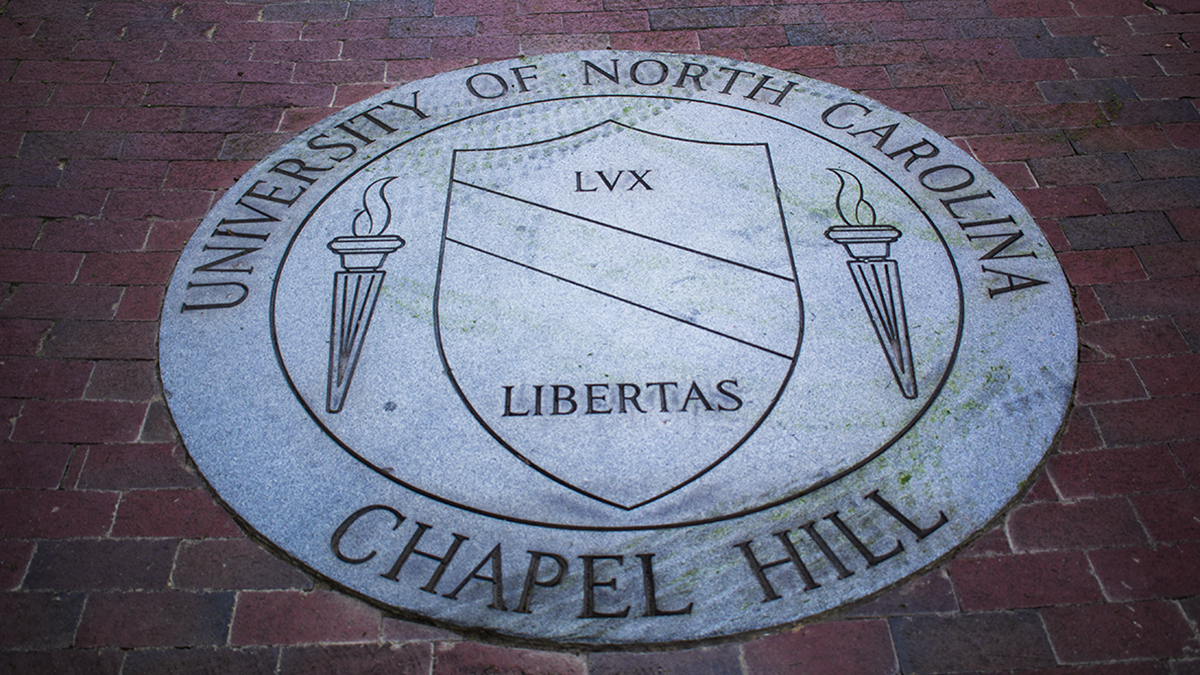
Committee Reviewing UNC Building Names Finalizes Report to ChancellorOne year ago, a committee was tasked by UNC Chancellor Kevin Guskiewicz to review and formally recommend whether to change namesakes of several buildings. Last week, the group submitted its final report to the university — meaning changes could be coming soon to remove representation of white supremacy and bigotry on campus. The […]
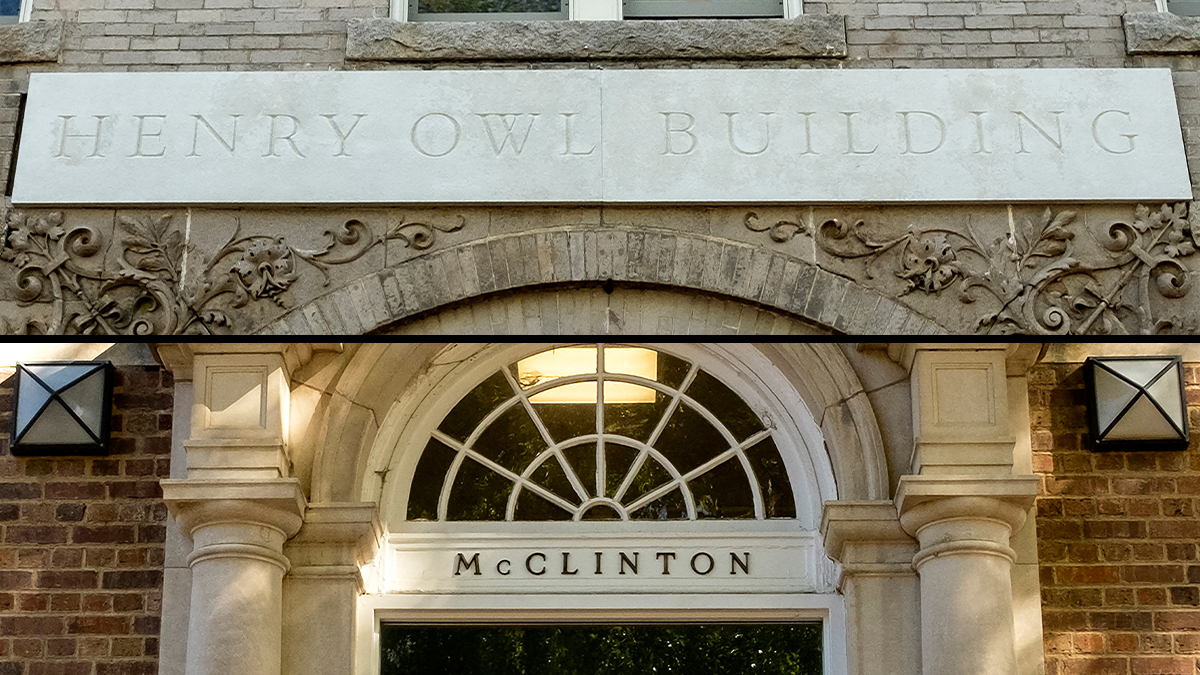
UNC Dedicates McClinton Residence Hall and Henry Owl BuildingFriday morning, UNC held a dedication ceremony for the Hortense McClinton residence hall and the Henry Owl Building. The university installed these Carolina trailblazers' names on two buildings whose prior names were tied to white supremacy.
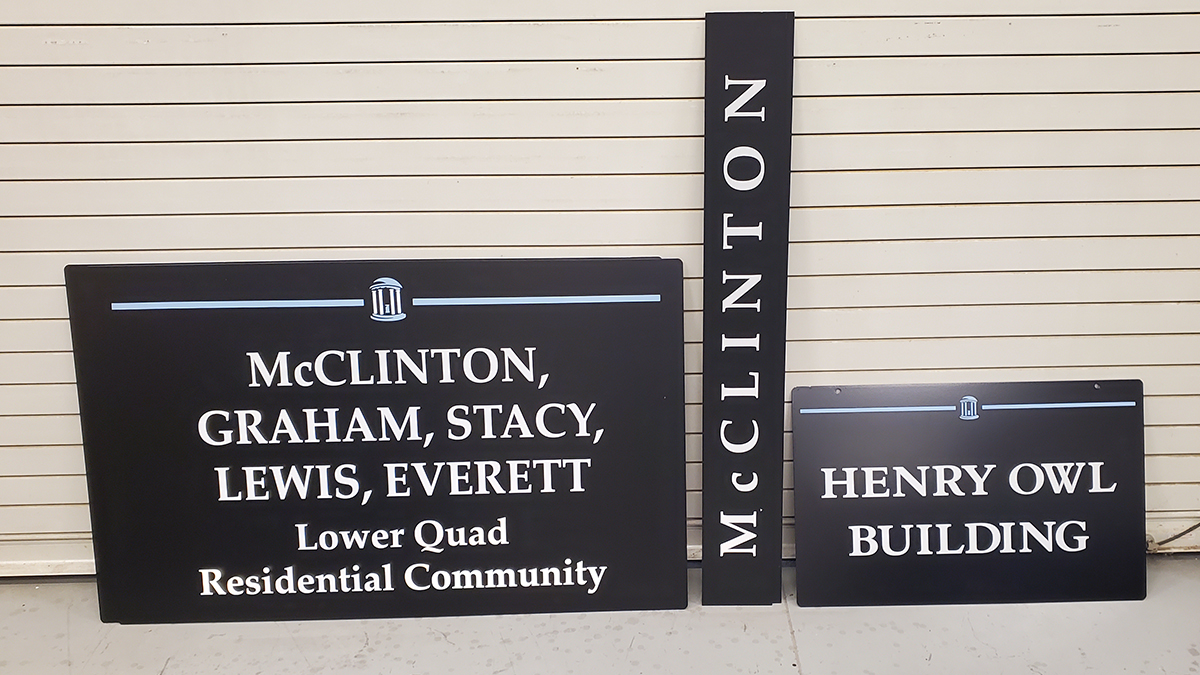
UNC Announces New Names For Two Campus BuildingsBeginning Friday, former Tar Heels Hortense McClinton and Henry Owl have their names installed on campus buildings. UNC announced its formal name replacements for two buildings that saw their namesakes stripped last summer. McClinton Residence Hall, now named for the first Black professor hired at UNC, replaces the former Aycock Residence Hall. The Henry Owl […]
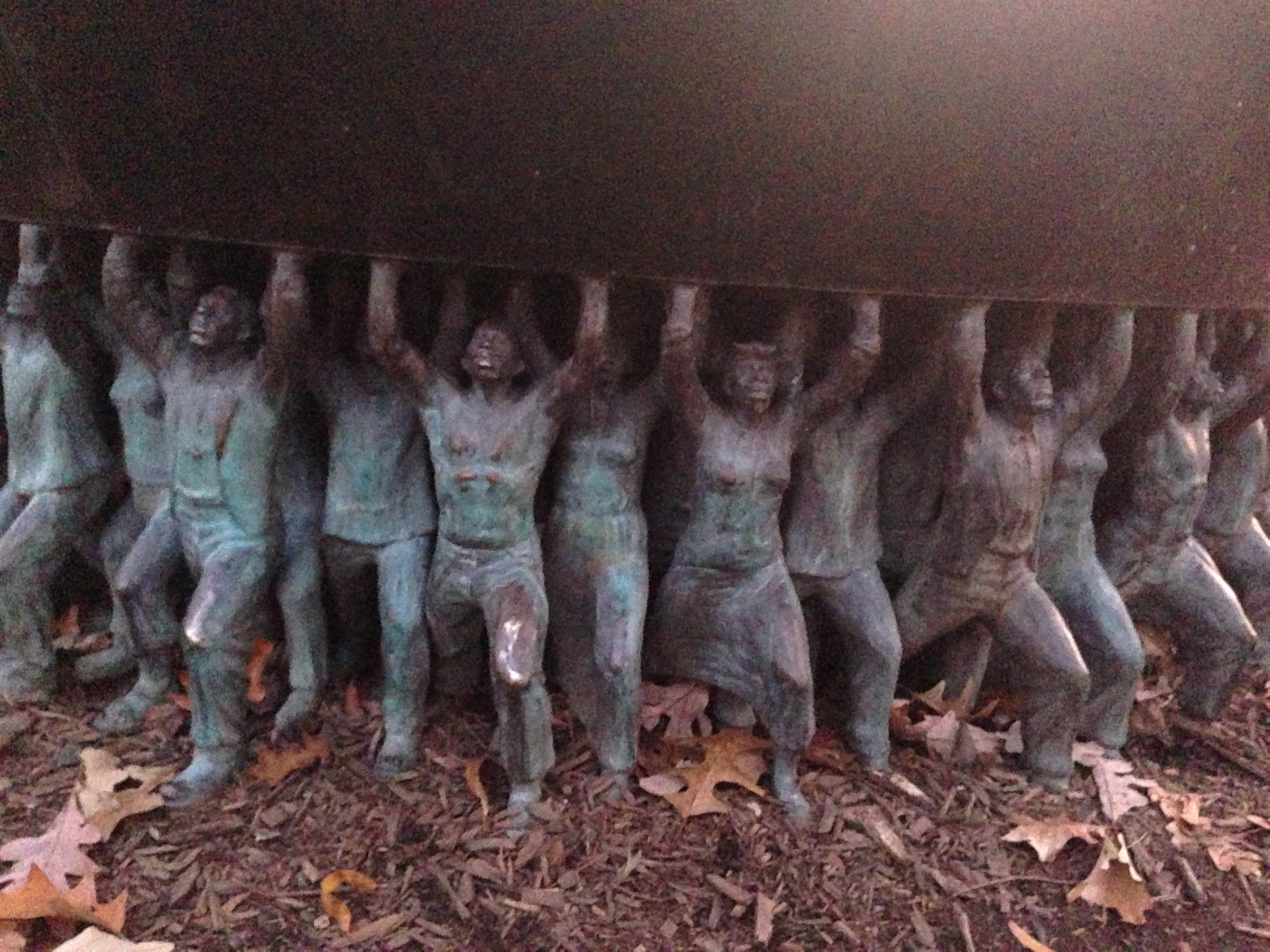
UNC Police: No Vandalism of Unsung Founders Memorial Despite Videos of Confederate FlaggersAfter two pro-Confederate demonstrators visited a memorial honoring enslaved and free African Americans on UNC’s campus, the university police department said officers did not witness any vandalism of the site. Posts from social media on Saturday showed two white men sitting on the Unsung Founder Memorial on UNC’s campus, holding Confederate flags and using derogatory […]

UNC Chancellor Clarifies University's Role in Silent Sam Settlement NegotiationsUNC Chancellor Kevin Guskiewicz shared a message with the campus community Thursday to clarify the university’s role in the 2019 negotiations that led to a settlement over the Confederate monument known as Silent Sam. Following new information revealed in a settlement between the UNC System and DTH Media Corp., a renewed interest in the Chapel […]
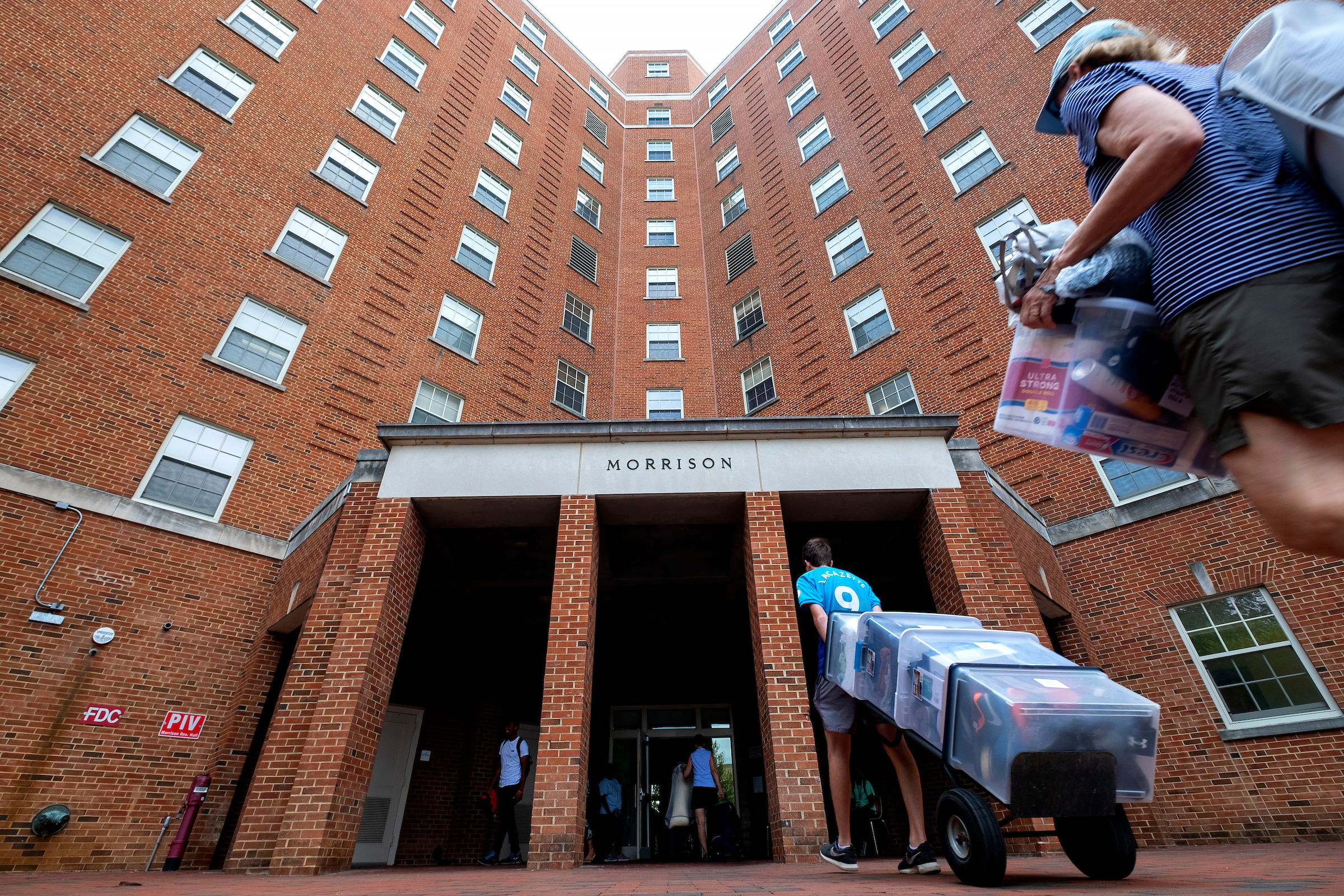
Morrison Residence Hall Could Be Next UNC Building To Have Name RemovedA UNC commission examining the university’s history formally identified another campus building it hopes will get its name changed due to connections to white supremacy. The university’s Commission on History, Race and A Way Forward approved a recommendation to rename Morrison Residence Hall during its virtual meeting Monday. After reviewing the history of Cameron A. […]
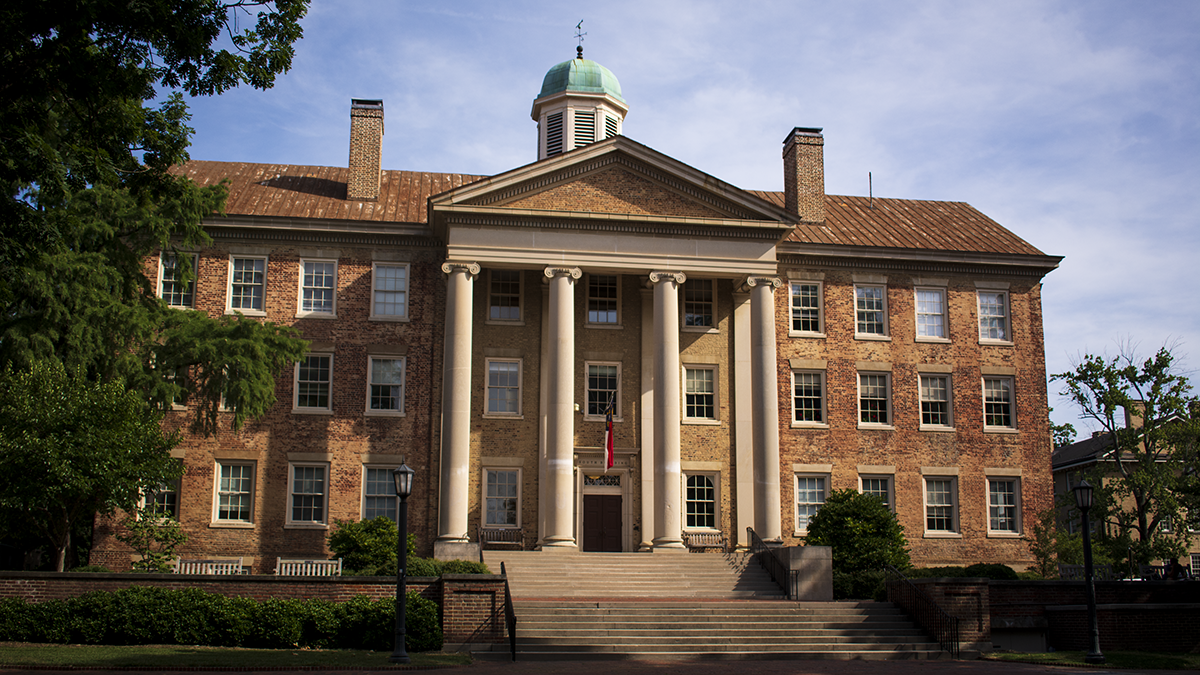
UNC Committee Recommends Changing 4 Intial Building Names, Sends Report to TrusteesA committee assembled by UNC Chancellor Kevin Guskiewicz unanimously voiced support of removing four names of university alumni with white supremacist ties from campus buildings. The 13-member group passed a motion Tuesday to recommend removals of Charles Aycock, Julian Carr, Josephus Daniels and Thomas Ruffin as namesakes of buildings to the chancellor. It is the […]
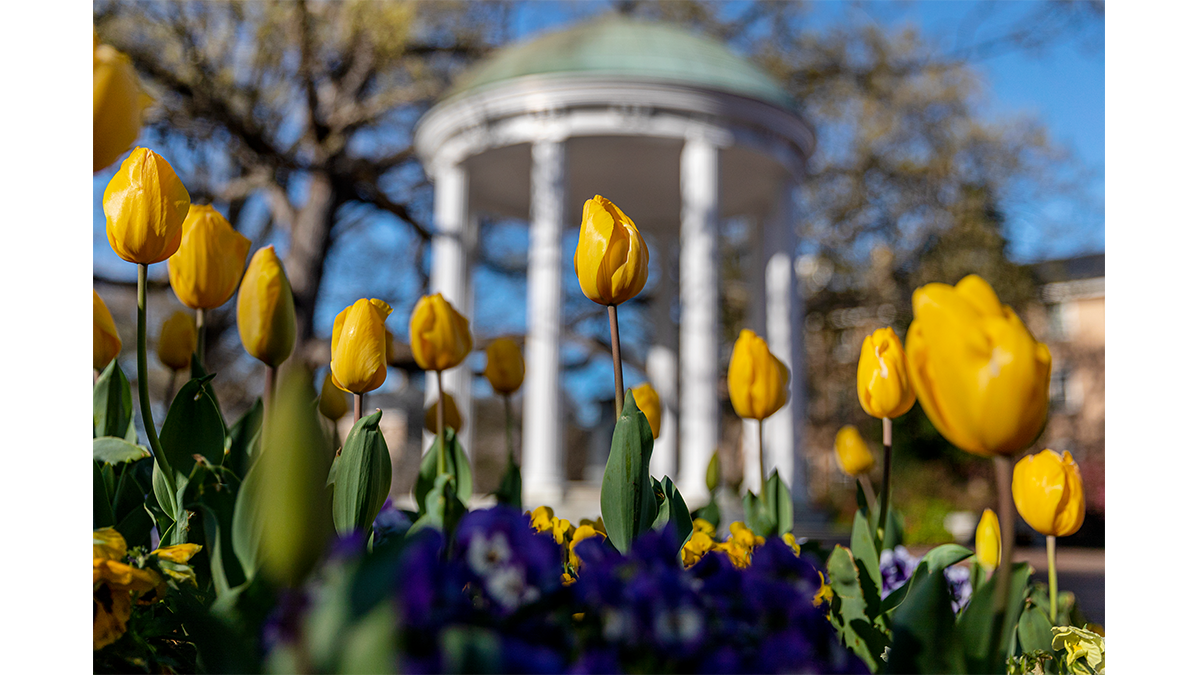
UNC Adopts Policy to Rename Campus BuildingsThe UNC Board of Trustees adopted a new policy for how the university will remove names from buildings and public spaces on its campus. Following the lifting of a 16-year moratorium on renaming campus buildings at its last meeting, the board spent a portion of its meeting Thursday crafting a policy to establish how such […]

UNC Commission Proposes Changes to 4 Buildings Named After White SupremacistsA UNC commission examining the university’s history of race and connections to white supremacy approved a resolution to change the names of four campus buildings. The UNC Commission on History, Race and A Way Forward met virtually Friday to discuss an action plan for the group as it works over the next three years. One […]
›

